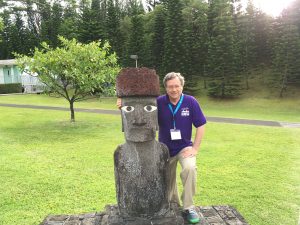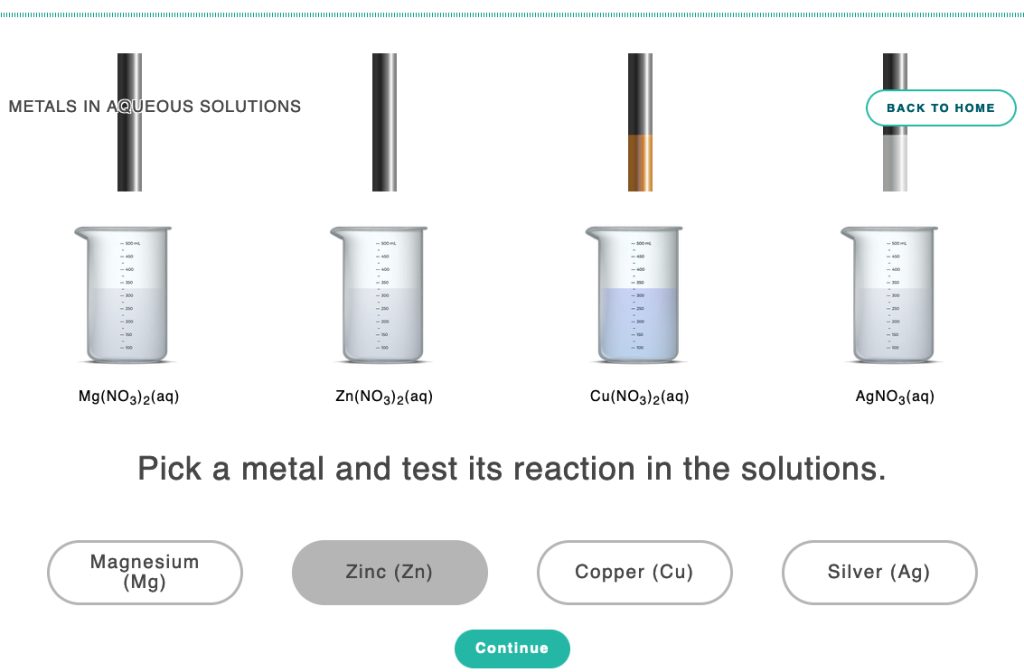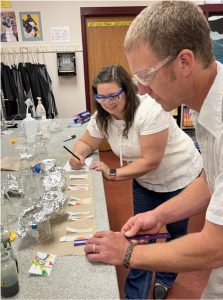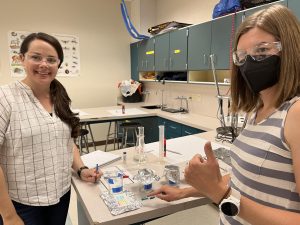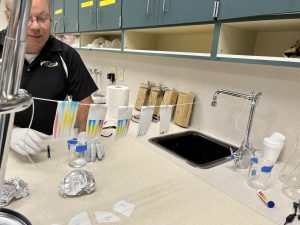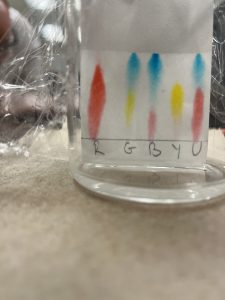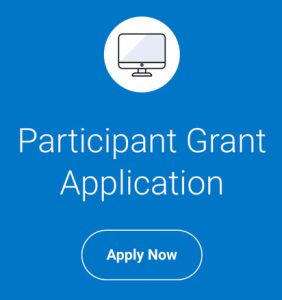Tom Greenbowe is an Emeritus Faculty member in the Department of Chemistry & Biochemistry at University of Oregon and a Morrill Professor of Chemistry Emeritus at Iowa State University. Greenbowe taught in the general chemistry program at UO for ten years. Prior to his move to Oregon he worked in the ISU general chemistry program for 25 years and was the Coordinator of General Chemistry. Tom has been involved with the AP Chemistry program and the College Board since 2007. Tom has served as a Table Leader and Question Leader for the AP Chemistry Exam from 2008 to 2024. Tom was appointed to AP Chemistry Test Development Committee from 2008 to 2012. In 2012 and in 2019 Tom attended AP Chemistry Professional Development Workshops that provided training and materials focusing on the new AP Chemistry framework and curriculum and the use of guided-inquiry in the classroom.
Throughout his teaching career Tom has integrated computers into his teaching. In 2005 Tom Greenbowe and Profs. John Gelder from Oklahoma State University and Michael Abraham from the University of Oklahoma received an NSF grant to a new technology project (http://genchem1.chem.okstate.edu/BDA/Topics.php) that provides activities before class, during class and after class using a learning cycle design to help student better understand introductory chemistry content. Participants in this workshop will have access to an APSI web site that includes homework assignments (with answers), sample examinations (with answers) and additional activities that can be incorporated into the classroom, as well as access to the GAG (Gelder-Abraham-Greenbowe) computer simulations URLs.
Tom Greenbowe and John Gelder worked with the ACS AACT to develop and produce an up-date to the “Metals and Metal Ions Activity” (aka Activity Series of Metals), and two electrochemical cells “Galvanic Cells” computer simulations in CSS/JAVA/HTM5. These simulations are currently being used by over 5,000 chemistry teachers.
Tom Greenbowe has been recognized for his contributions to the teaching and learning of chemistry through several awards.
Click here to see our our simulation live
©2021 ACS American Association of Chemistry Teachers Authors: Thomas Greenbowe University of Oregon, John Gelder Oklahoma State University, Adam Boyd AACT, Monica Wixon AACT.
Why attend an in-person APSI? Meaningful discussions and collaborations with colleagues. AP Chemistry teachers engage in a paper chromatography experiment using 12 good laboratory techniques to produce excellent results. The teachers collaborate and design an active learning guided-inquiry module on chromatography designed to improve student understanding of chemistry.
AP Chemistry Test Question assessing student understanding of chromatography.


